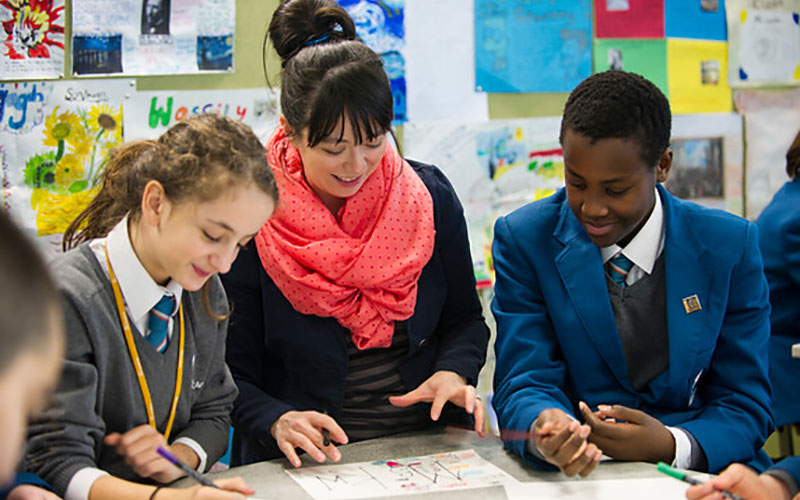Education, Health Promotion and International Development MA
London, Bloomsbury
Study mode
Overseas tuition fees (2024/25)
£28,100
£14,050
Programme also available on a modular (flexible) basis.
Duration
1 calendar year
2 calendar years
5 calendar years
Programme starts
September 2024
Applications accepted
Applicants who require a visa:
16 Oct 2023 –
28 Jun 2024
Applications close at 5pm UK time
Applications open
Applicants who do not require a visa:
16 Oct 2023 –
30 Aug 2024
Applications close at 5pm UK time
Applications open
Visit us
Online - Open day
Graduate Open Events: Education and International Development
Are you passionate about shaping global contemporary practice and policy? We welcome you to book your place at our Virtual Open Event. You will meet our Programme Leaders, hear about the programmes you are interested in and have the chance to ask any questions you might have. These sessions are free and open to all. Be part of a world-leading centre for research and teaching working to make a difference in the world.
UCL is regulated by the Office for Students.



